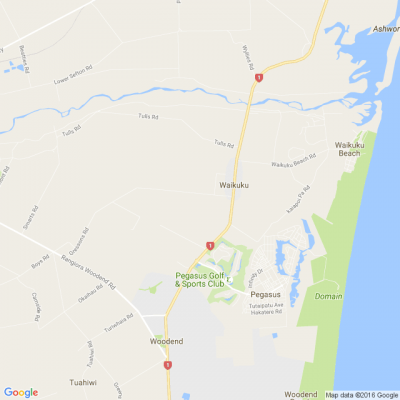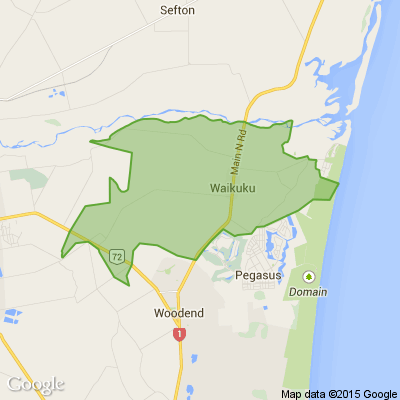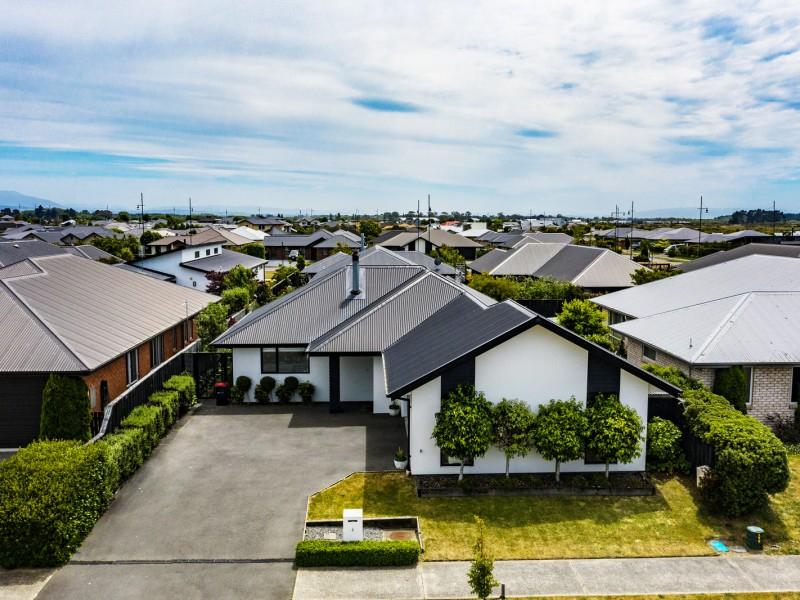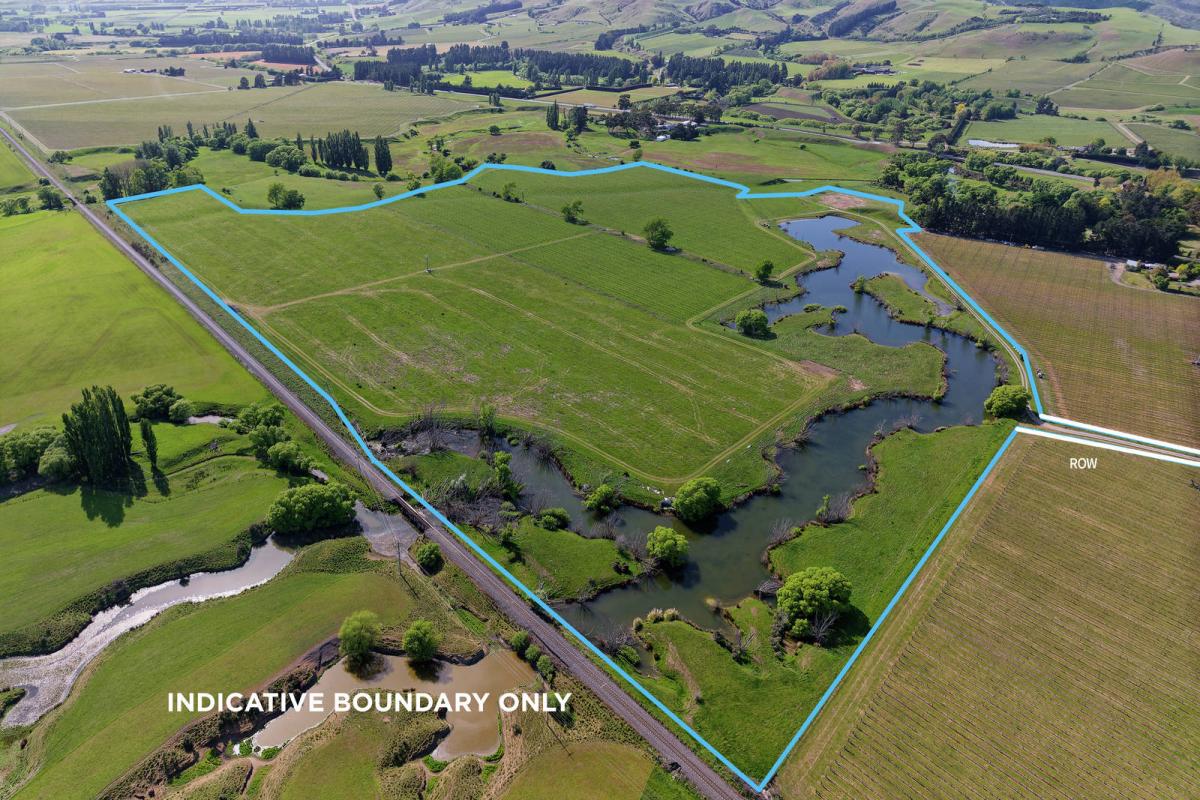Former North Canterbury mayors urge voters to question local candidates
From local democracy reporter David Hill:
Former mayors are encouraging residents to get know their local candidates.
David Ayers and Winton Dalley, who served as mayors of Waimakariri and Hurunui from 2010 to 2019, suggest voters contact candidates and ask them questions.
Several wards have high numbers of candidates, with many of them unknown to voters.
Ayers encouraged people to take the time to learn about their mayoral, council, community board and regional council candidates.
‘‘It’s often said that people don’t vote because they don’t know the candidates, but you can turn that around and say ‘candidates don’t know all the voters in their ward either’.
‘‘But at a local level you can always attend meetings and you can contact candidates directly.
‘‘By listening to what they have to say, it will help you to vote for people who will look after your local community.’’
He said not all candidates understood the role local councils played, with national and global issues often confused with local democracy.
Dalley said voter apathy was a constant problem in local government elections.
‘‘There’s an apathy around today and people don’t believe they can make a difference.
'‘But somebody has to sow the seeds and ask the questions or nothing is going to happen.’’
Dalley suggested voters ask candidates if they have ‘‘a personal agenda’’.
‘‘Depending on what that agenda is, consider is it about the candidate’s priorities or the community’s priorities?
‘‘My position was always to serve the community first.
‘‘At the end of the day you are there to serve the community and not yourself or the international community.’’
Both former mayors said it was important to vote in local elections, as council decisions impacted on our daily lives.
Councillors made decisions on roads, footpaths, rubbish collection, three waters, libraries, swimming pools, parks, planting trees and town centres.
The also made decisions on managing the growth in towns like Rangiora, Kaiapoi, Woodend and Amberley, including traffic management, infrastructure and planning for housing.
Climate change and managing Civil Defence in times of crisis, such as a pandemic or earthquake, were also questions councils faced.
Legislation such as the Local Government Act, Resource Management Act and national policy statements limited a council’s decision making ability.
Pending legislation such as Three Waters, the Resource Management Act and local government reform meant a local voice was essential.
Ayers said central government imposing itself on local democracy was the norm during his 36 years in local government.
‘‘This government is not impacting on local democracy any more than any previous government.
‘‘But there is a major issue across the country for local government funding, and councils are finding that rates are not providing the income that allows them to meet the rising standards that are being required of them by both the government and local communities.’’
Dalley said local democracy was ‘‘living fairly precariously’’.
He encouraged voters to ask candidates whether they were prepared ‘‘to question those who want to rewrite democracy’’.
‘‘Because once it’s rewritten, the values of previous generations will be lost.’’
■ Waimakariri election information: waimakariri.govt.nz/your-council/local-body-elections
■ Hurunui election information: hurunui.govt.nz/council/local-body-elections/a-your-candidates
■ Kaikōura election information: kaikoura.govt.nz/local-elections-2022/
■ Environment Canterbury election information: ecan.govt.nz/about/your-council/engage-with-us/elections/
Painting and Decorating
If you have been thinking of redecorating over the holidays, get in touch with Andrew today for a free measure and quote










 Loading…
Loading…








